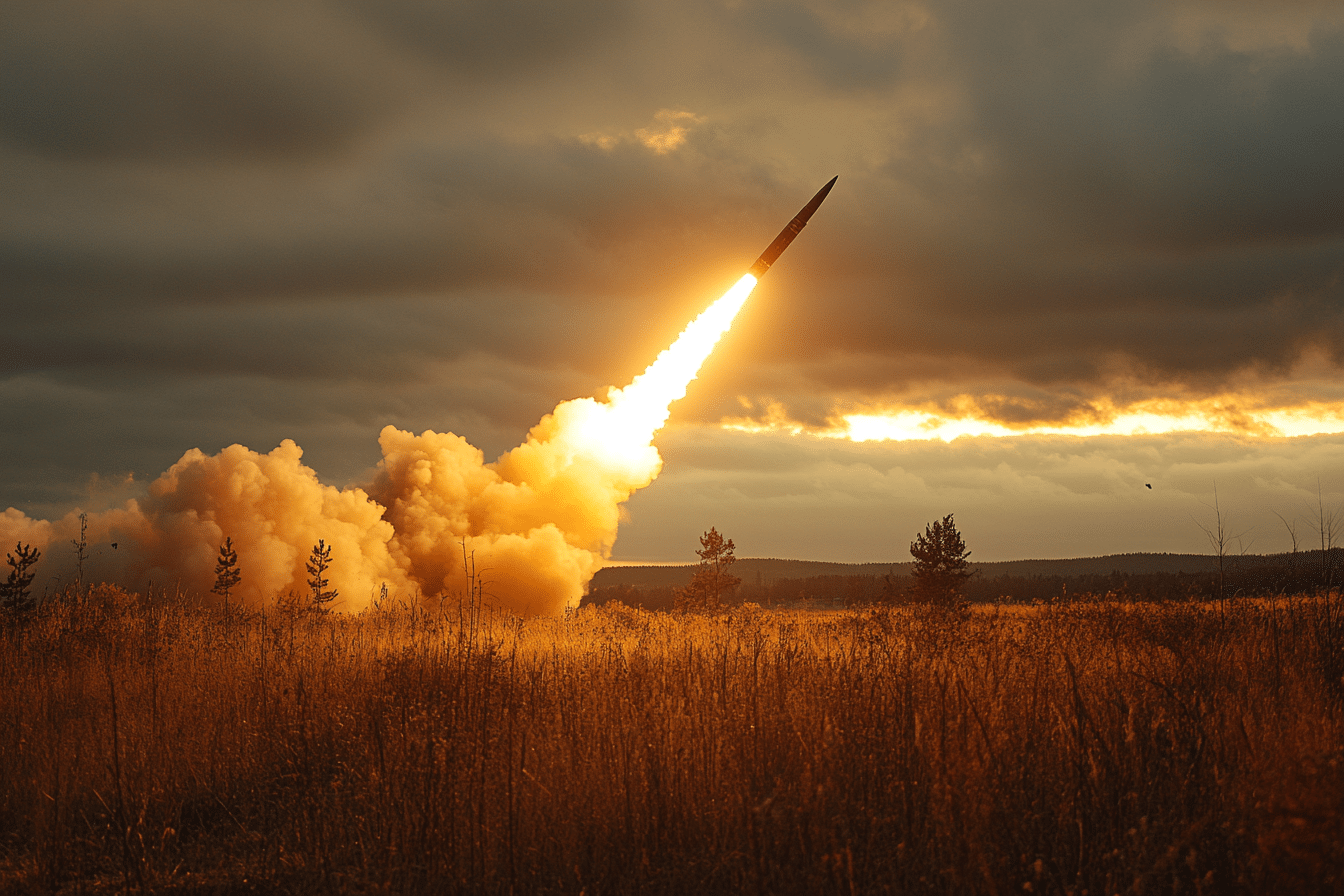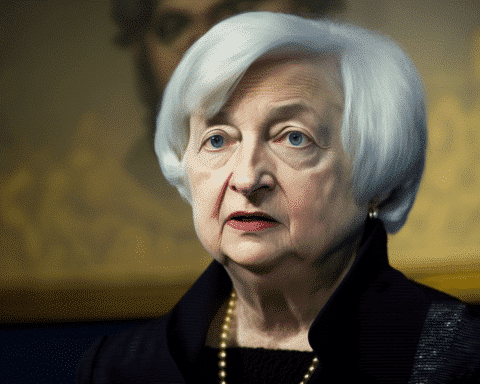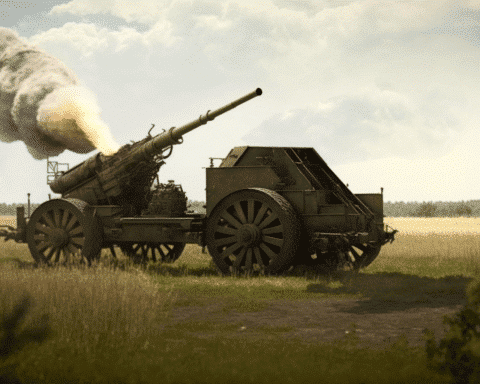Ukraine and NATO are set to convene emergency talks on Tuesday following Russia’s alarming use of an experimental hypersonic missile in the ongoing war. The attack on the city of Dnipro has marked a dangerous escalation in a conflict nearing its 33rd month.
“The conflict is entering a decisive phase, taking on very dramatic dimensions,” Poland’s Prime Minister Donald Tusk remarked on Friday, reflecting the mounting tension. The strike has led to heightened security across Ukraine and the cancellation of a parliamentary session as fears of further attacks loom.
Hypersonic Missile Escalates the Conflict
The missile, named Oreshnik, was launched from Russia’s Kapustin Yar test range and struck a military facility in Dnipro. Ukraine’s intelligence revealed that the missile carried six warheads with submunitions and reached speeds of Mach 11, making it nearly impossible to intercept.
In response to the attack, Russian President Vladimir Putin claimed it was retaliation for Ukraine’s use of Western-supplied long-range missiles. He warned starkly: “Western air defense systems would be powerless to stop the new missile.”
Warnings of Broader Implications
Kremlin spokesman Dmitry Peskov accused Western nations of provoking Moscow by supplying advanced weaponry to Ukraine. He stated, “The Russian side has clearly demonstrated its capabilities, and the contours of further retaliatory actions… have also been clearly outlined.”
Adding to the concerns, Hungarian Prime Minister Viktor Orbán suggested that the use of U.S.-supplied weapons likely involves direct American personnel. “There is a strong assumption … that these missiles cannot be guided without the assistance of American personnel,” Orbán said.
Orbán also highlighted changes in Russia’s nuclear doctrine, cautioning that they should not be dismissed as mere threats: “It’s not a trick… there will be consequences.”
Calls for Increased Defense Support
In Kyiv, Czech Foreign Minister Jan Lipavský condemned the missile strike as an “escalatory step” aimed at intimidating Ukraine and Europe. During a press conference with his Ukrainian counterpart Andrii Sybiha, Lipavský affirmed his country’s unwavering support for Ukraine, including delivering additional air defense systems.
“We must protect Ukrainian civilians from these heinous attacks,” Lipavský emphasized, adding that the Czech Republic would not impose limits on the use of its weapons.
Civilian and Government Responses
Amid heightened threats, Ukraine’s parliament, the Verkhovna Rada, suspended a scheduled session and advised residents in central Kyiv to stay vigilant. Lawmaker Mykyta Poturaiev explained that this was not the first time such precautions had been necessary due to Russian missile threats.
Meanwhile, the Pentagon confirmed that the Oreshnik missile represents a new experimental weapon, raising concerns about its implications for the conflict.
Civilian Areas Also Targeted
Beyond Dnipro, Russia attacked the Sumy region overnight using Shahed drones, which are reportedly filled with shrapnel. “These weapons are used to destroy people, not objects,” said Volodymyr Artiukh, the regional head of Sumy. The attack killed two civilians and injured 13 others, showcasing the indiscriminate nature of these strikes.
A Call for Unity
As the situation intensifies, Ukraine’s allies continue to emphasize the need for unity and stronger defenses against Russian aggression. The NATO-Ukraine talks aim to address these challenges and reinforce support for Ukraine’s sovereignty and safety.
The international community must stand firm in protecting Ukraine and preventing further escalations in this devastating conflict.




